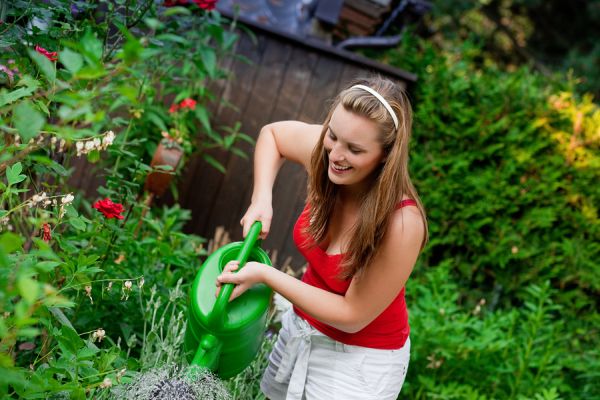Increasing awareness of environmental issues like global warming and greenhouse gas emissions has led to many individuals becoming more eco-conscious in the foods they eat, the clothes they wear and the way they travel, etc. When it comes to food, there are several ways wherein you can make your eating habits more eco-friendly, including the methods listed here.
Substitute Rice
Rice requires a lot of agricultural input and is prone to get affected by plant diseases as well. To save yourself and the environment this trouble, substitute rice with whole grains like teff or millet curry.
Replace Corn
Substitute corn with other options like flax or millet. Millets are known to require very little amounts of water to survive, thus helping reducing water consumption. Millet is also an important part of a sustainable diet and provides the much needed crispiness people expect from corn.
Beware of Protein Bars
A lot of so called ‘healthy’ protein bars out there are really not that healthy. These high protein snacks may contain sugar, palm oil, preservatives and additives. Check the ingredients and choose bars that are made of whole gains as they are the most sustainable options you can get in this case.
Stay away from Palm Oil
Palm oil is a very common ingredient found in every other product from peanut butter and cereals to potato chips. However, palm oil is farmed in a very unsustainable manner which includes clear cutting and forest fires. Save the environment by avoiding products that contain palm oil and switching to more sustainable oils like coconut oil, avocado oil or canola oil.
Eat sustainable meat
Although it is advised that you forgo meat altogether, there are ways you can include meat into your diet without worrying about the repercussions on the environment. Free range poultry and wild game meat are more sustainable choices while grass fed and organic (certified) meat are also good for consumption.
Say yes to soft cheese
The production practices that go into making your favorite dairy foods have been labeled non-sustainable. If you still prefer to eat a dairy product like cheese for example, choose soft cheese over the hard one as the latter requires more processing and places more strain on the environment than soft cheese.
Eat locally grown foods
This is one of the easiest ways to go green with your food choices. Look for local farmer’s market in your area and buy your groceries from them. In addition to reducing your carbon footprint, you get to enjoy fresh food that is more nutritious than the one shipped in containers across continents.
Shop from eco-conscious stores
Shop at stores or markets that are eco-conscious and display the same via eco-friendly initiatives. For instance, a store that offers organic products and limits wastage via recycling programs can be a place to start your organic shopping spree.
Carry your own shopping bags
It pays to take your own shopping bags to buy groceries in order to avoid getting plastic bags to bring back your purchase. Ensure you use cloth based shopping bags for added impact.
Grow your food
If you have space for a vegetable garden in your backyard, consider setting up some fruits and vegetables to grow your own garden. A vertical herb garden can also suffice for apartments that do not have a garden or have cramped living quarters.
Choose tap water or beer
Choose to drink tap water rather than bottled water. Similarly, when ordering a beer, order on tap rather than a bottle. This will help you do your bit to save the environment.
Choose anti-antibiotic foods
It has been found out that the majority of factory farm raised livestock is fed or injected with artificial hormones and antibiotics respectively. While this may be considered as measures to increase productivity, the hormones and antibiotics end up in our systems eventually. These practices have also been found to be hazardous for the environment. So ensure to look for and choose hormone free dairy products.
Try composting
Composting helps you turn waste into a resource for your garden. Make a compost pit outside your home and dump all leftover food into it. Once the composting is complete, you can use the same to fertilize the plants.
Cook with leftovers
Rather than throwing away leftover food, consider repurposing it to make new dishes that can be had for dinner. By reducing waste, you reduce the energy needed to clean it up.
Choose something new
Rather than choosing fishes like salmon and tuna which are on the verge of extinction, consider opting for a new variety of fish. Who knows, you may end up with a new favorite by the end of the meal.
Summary
There are innumerable ways in which you can give back to the environment. By adopting more eco-conscious eating habits, you end up preventing damage to the environment in more ways than one.












